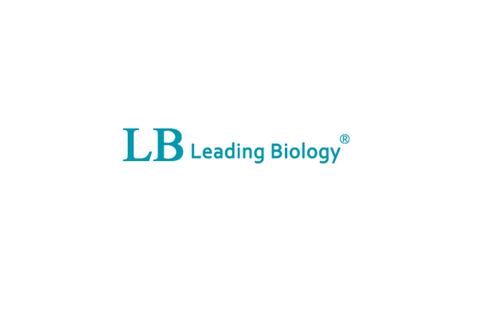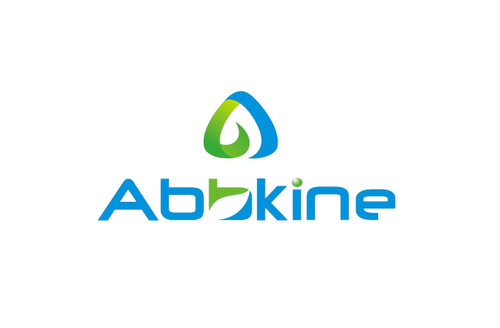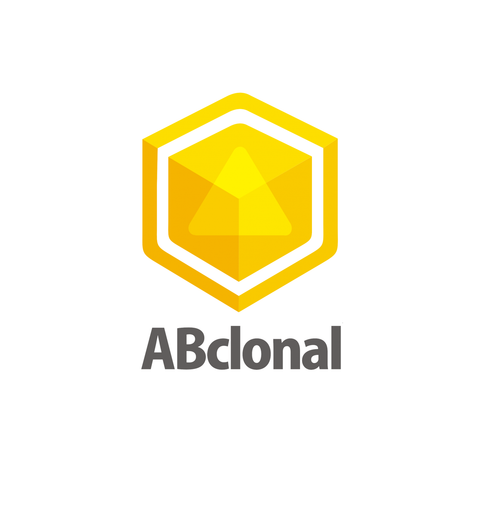Product Description
Human Apolipoprotein C-I (APOC1) ELISA Kit | AE63188HU | Abebio
Species Reactivity: Human (Homo sapiens)
Abbreviation: APOC1
Alternative Name: N/A
Application: ELISA
Range: 4.69-300 ng/mL
Sensitivity: 2.1 ng/mL
Intra-Assay: ≤3.9%
Inter-Assay: ≤6.2%
Recovery: 0, 96
Sample Type: Serum, Plasma, Other biological fluids
Detection Method: Sandwich
Analysis Method : Quantitive
Test Principale: This assay employs a two-site sandwich ELISA to quantitate APOC1 in samples. An antibody specific for APOC1 has been pre-coated onto a microplate. Standards and samples are pipetted into the wells and anyAPOC1 present is bound by the immobilized antibody. After removing any unbound substances, a biotin-conjugated antibody specific for APOC1 is added to the wells. After washing, Streptavidin conjugated Horseradish Peroxidase (HRP) is added to the wells. Following a wash to remove any unbound avidin-enzyme reagent, a substrate solution is added to the wells and color develops in proportion to the amount of APOC1 bound in the initial step. The color development is stopped and the intensity of the color is measured.
Product Overview: Apolipoprotein C1 is a lipoprotein with a length of 57 amino acids normally found in plasma and responsible for the activation of esterified lechitin cholesterol with an important role in the exchange of esterified cholesterol between lipoproteins and in removal of cholesterol from tissues.Its main function is inhibition of CETP, probably by altering the electric charge of HDL molecules. during fasting (like other apolipoprotein C) is found primarily within HDL, meanwhile after a meal it is found within the surface of other lipoproteins. in contrast when proteins rich in triglycerides like chylomicrons and VLDL are broken down this apoprotein is transferred again to the HDL.
Stability: The stability of ELISA kit is determined by the loss rate of activity. The loss rate of this kit is less than 5% within the expiration date under appropriate storage condition. The loss rate was determined by accelerated thermal degradation test. Keep the kit at 37°C for 4 and 7 days, and compare O.D.values of the kit kept at 37°C with that of at recommended temperature. (referring from China Biological Products Standard, which was calculated by the Arrhenius equation. For ELISA kit, 4 days storage at 37°C can be considered as 6 months at 2 - 8°C, which means 7 days at 37°C equaling 12 months at 2 - 8°C) .
 Euro
Euro
 USD
USD
 British Pound
British Pound
 NULL
NULL








